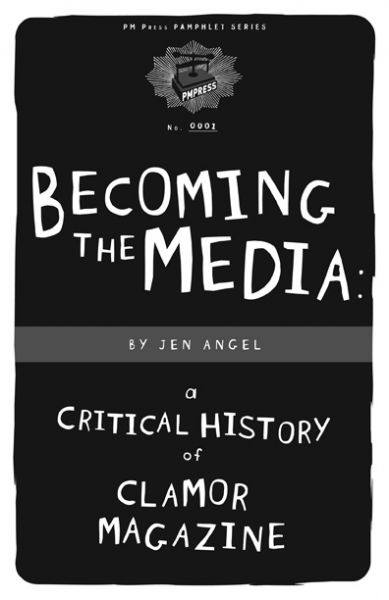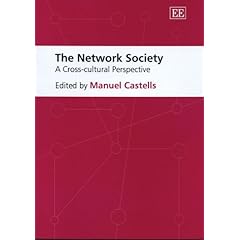Jen Angel: Becoming the Media: A Critical History Of Clamor Magazine (2008)
Filed under pamphlet | Tags: · activism, anarchism, digital divide, independent media, magazine, media, media activism, politics

Clamor Magazine was a movement publication that existed between 2000 and 2006, covering radical politics, culture, and activism. Clamor published 38 issues and featured over 1,000 different writers and artists. The mission statement was:
Clamor is a quarterly print magazine and online community of radical thought, art, and action. An iconoclast among its peers, Clamor is an unabashed celebration of self-determination, creativity, and shit-stirring. Clamor publishes content of, by, for, and with marginalized communities. From the kitchen table to shop floor, the barrio to the playground, the barbershop to the student center, it’s old school meets new school in a battle for a better tomorrow. Clamor is a do-it-yourself guide to everyday revolution.
This analysis is presented as a case study on how movement projects and organizations deal with vital but rarely discussed issues such as management, sustainability, ownership, structure, finance, decision making, power, diversity, and vision.
Publisher PM Press, 2008
ISBN 1604860227, 9781604860221
Length 44 pages
More info (publisher)
More info (google books)
Manuel Castells (ed.): The Network Society: A Cross-cultural Perspective (2005)
Filed under book | Tags: · digital divide, e-learning, internet, network culture, network society, social movements

Manuel Castells – one of the world’s pre-eminent social scientists – has drawn together a stellar group of contributors to explore the patterns and dynamics of the network society in its cultural and institutional diversity. The book analyzes the technological, cultural and institutional transformation of societies around the world in terms of the critical role of electronic communication networks in business, everyday life, public services, social interaction and politics. The contributors demonstrate that the network society is the new form of social organization in the Information age, replacing the Industrial society. The book analyzes processes of technological transformation in interaction with social culture in different cultural and institutional contexts: the United States of America, the United Kingdom, Finland, Russia, China, India, Canada, and Catalonia. The topics examined include business productivity, global financial markets, cultural identity, the uses of the Internet in education and health, the anti-globalization movement, political processes, media and identity, and public policies to guide technological development. Taken together these studies show that the network society adopts very different forms, depending on the cultural and institutional environments in which it evolves.
Published by Edward Elgar, 2005
ISBN 1843765055, 9781843765059
464 pages
More info (wikipedia)
More info (google books)

